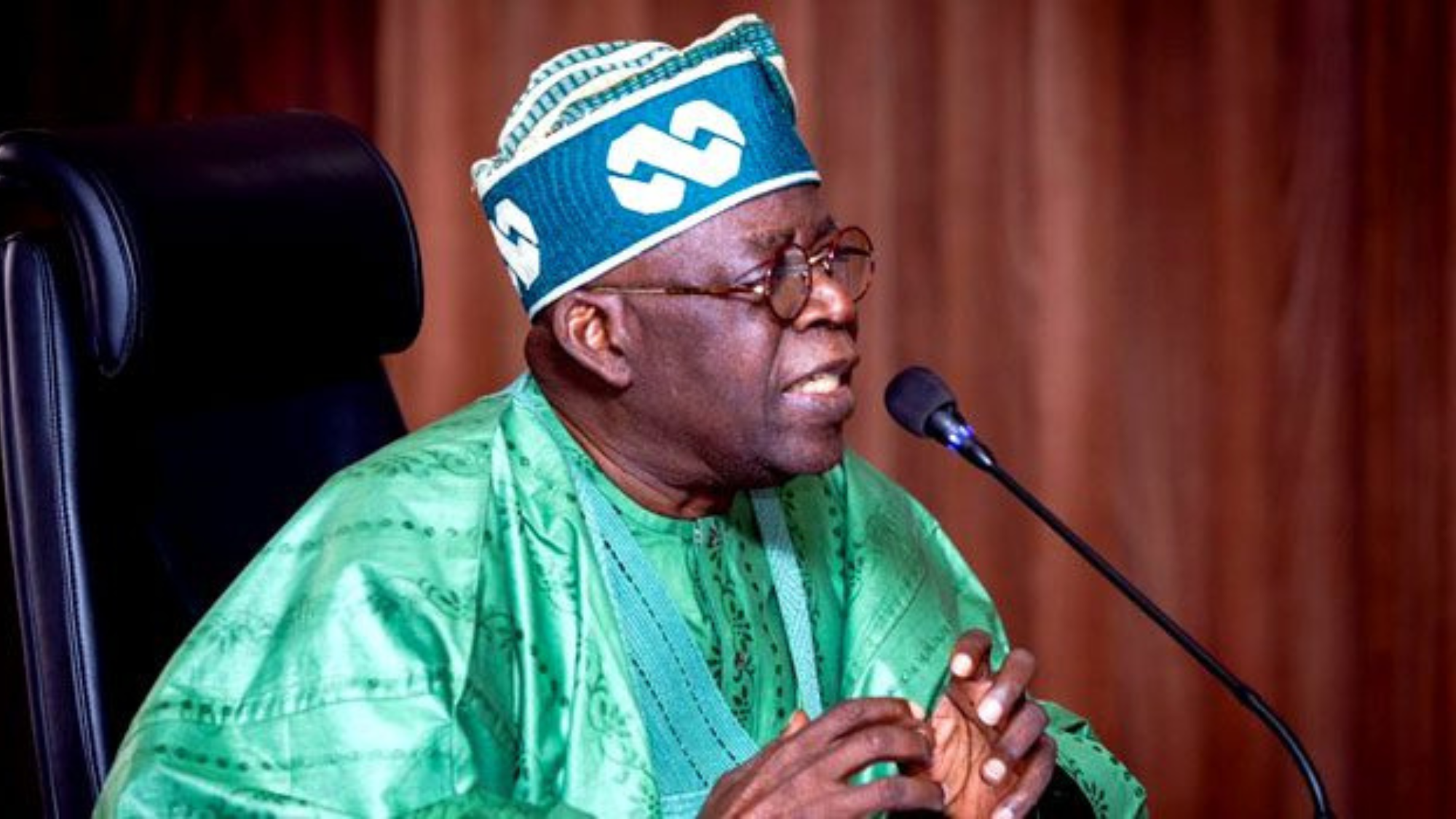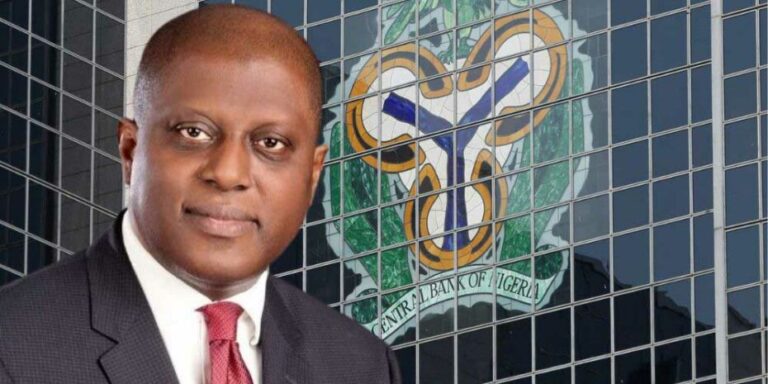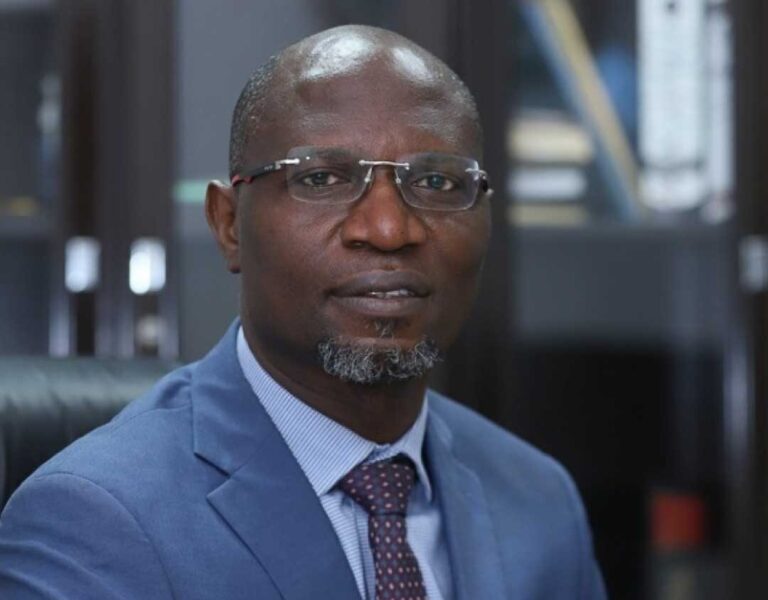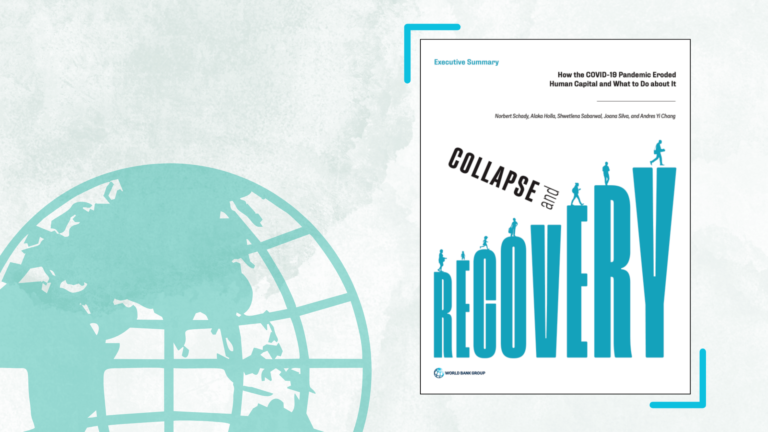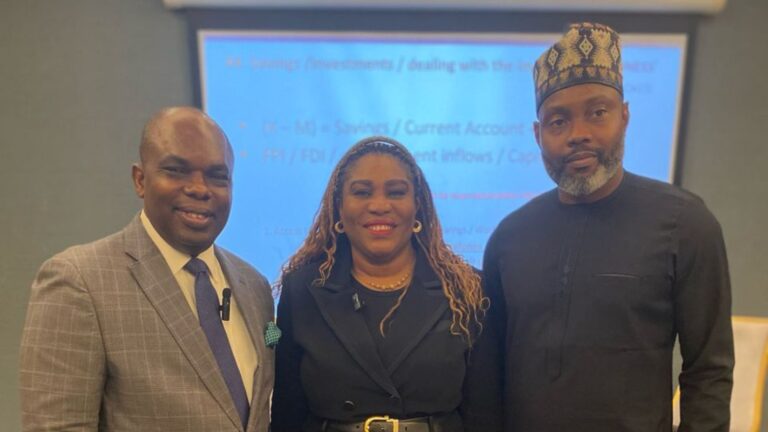Before the end of 2023, every business leader I spoke with was so much in a hurry to put the year behind them. That year had started with the prospect and delivered the most competitive and important election in Nigeria’s recent democratic history.
However, by the end of the year, the economy had shown extreme levels of volatility, with inflation rising to near 30% and the Naira weakened by more than 50% in the space of six months. Nigeria thus currently faces heightened levels of macroeconomic instability not seen since 1999.
Here, I share two fiscal policy mistakes of the Buhari years that should not be repeated by President Bola Ahmed Tinubu.
But before I provide the contexts and details of those mistakes, I want to take a quote from the book by Greg Mills, “Why Africa is Poor.” Greg Mills wrote, and I quote, “The main reason why Africa’s people are poor is because their leaders have made this choice”. He added, “The record shows that countries can grow their economies and develop faster if leaders take sound decisions in the national interest.”
Unlike his predecessor, President Bola Ahmed Tinubu inherited a precarious economy. He inherited Nigeria’s worst fiscal position since the return to democratic rule in 1999. Since 2010, national debt has grown by 10% on an annual basis, while economic growth has averaged less than 1.5% in the last 8 years. However, good, and sound economic policies can improve the situation over time. So also, bad policies can make an already precarious situation even worse.
In the 8 disastrous years of President Buhari, the attitude, rarely publicly mentioned or discussed is that the government elevated Nigeria’s external problems. The government would readily blame the decline in oil prices from 2014 to 2016 for the economic recession of 2016 and 2017, the Covid – 19 shock of 2020 and the Russia / Ukraine war of 2022. Yes, these shocks were significant and were the fault lines, but the awful fiscal policies of the government amplified the problems and impact on the Nigerian economy.

How? By escalating Nigeria’s deficits and debts, and by failing to carry out a single economic reform, President Buhari’s responses to economic shocks made economic outcomes even worse. These are the two mistakes that must not be repeated by President Tinubu.

Now to current contexts.
Nigeria, like most other developing and emerging economies is currently affected by three global economic uncertainties. First is the geopolitical tensions of the Russia / Ukraine and the Israel / Hamas war, compounded by the US / China trade and technology tensions. Second is the tightened financial conditions that saw interest rates and costs of debts reached levels last seen decades ago. Third, rise in prices and global inflation since 2022 that reached a peak of 11.5% in Q2 2022 following spike in energy and food prices but has started to tail off late 2023.
It is in the context that President Tinubu carried out two of his administration’s major reforms. First was the removal of fuel subsidy, followed by the aggregation of all formal foreign exchange transactions into the Nigeria Foreign Exchange Market (NFEM). Unfortunately, these reforms have not progressed as intended. Exchange rate volatility invariably means that some element of fuel subsidy has returned, while the wide and growing divergence between the official and the street exchange rates negates one of the important reasons for the reforms. Notwithstanding, there is progress.
As important as the above reforms is the work of the Presidential Fiscal Policy and Tax Reform Committee led by Taiwo Oyedele. I have seen the scale of the work this committee plans to do, and I hope they succeed because it has the potential to shift Nigeria’s fiscal landscape and the economy for another 20 – 25 years, like Pension reforms did.

But that is not sufficient.
Under President Buhari, as it was revealed in the twilight of his administration, Nigeria never had an “Idi Amin” type of government before him. He did not merely escalate Nigeria’s deficits and debts before expanding revenues but continued to expand them on the back of unrealistic and folly revenue expectations. That mistake must not repeat itself under President Tinubu.
Yields on Nigeria’s Eurobonds is now about 11%, compared to 6.5% in 2022 in response to raise in US rates. It means little incentive for Nigeria to approach the Eurobond for another borrowing, though those rates may start to decline from Q4 2024. The economy is squeezed so the head room for expansion of taxes is small. So, the expectation that the federal government will manage just over N9 trillion deficits, estimated at 3.5% of GDP is already very optimistic. In the absence of the required foreign borrowing, given that it is difficult to adjust expenditure in the middle of a budget, the government may now be forced to squeeze an already tight local debt market or be forced to raise borrowings from the Central Bank of Nigeria, as previous administration did. Both scenarios portend a worsening macroeconomic instability situation.
The government should not unduly expand deficits and debts without first building the capacity to do so. By this, I mean the government should be careful to reduce the growth in debt. The capacity to expand deficits and debts rests on superior economic growth than the miserable 1.4% on average of the last eight years. And that superior economic growth rests on macroeconomic stability.
The government should, as a matter of urgency sell or securities its assets for more revenues, rather than rely on more deficits and debts. But ultimately, it must grow the capacity to attract, and continuously attract foreign capital before it should expand deficits and debts in the manner that Buhari did it that led us to the current mess. And that capacity is dependent on continuous macroeconomic stability.

The second mistake made in the last 8 years was to think that increases in government expenditure translates to increases in investment, growth, and jobs. Nigeria’s experience has shown that not all government expenditures contribute to growth. So, the impact that the government of President Tinubu can make on Nigeria’s growth is not necessarily by increasing government expenditure. The greater impact is dependent on the other things that he has started to do, which are the reforms around fuel subsidy, exchange rates and taxation. Policy reforms, which are invariably policy investments can shift the gear of the economy for another 25 years because of their impact on private investments. So, in the coming years, the focus should be on deepening economic reforms on land use, trade, insurance, policing, solid minerals etc., and not merely seeking to increase government expenditure through more debts and deficits.



